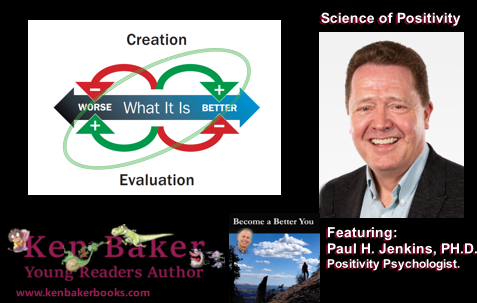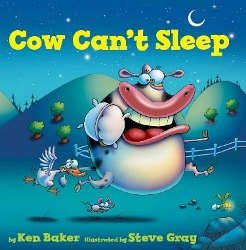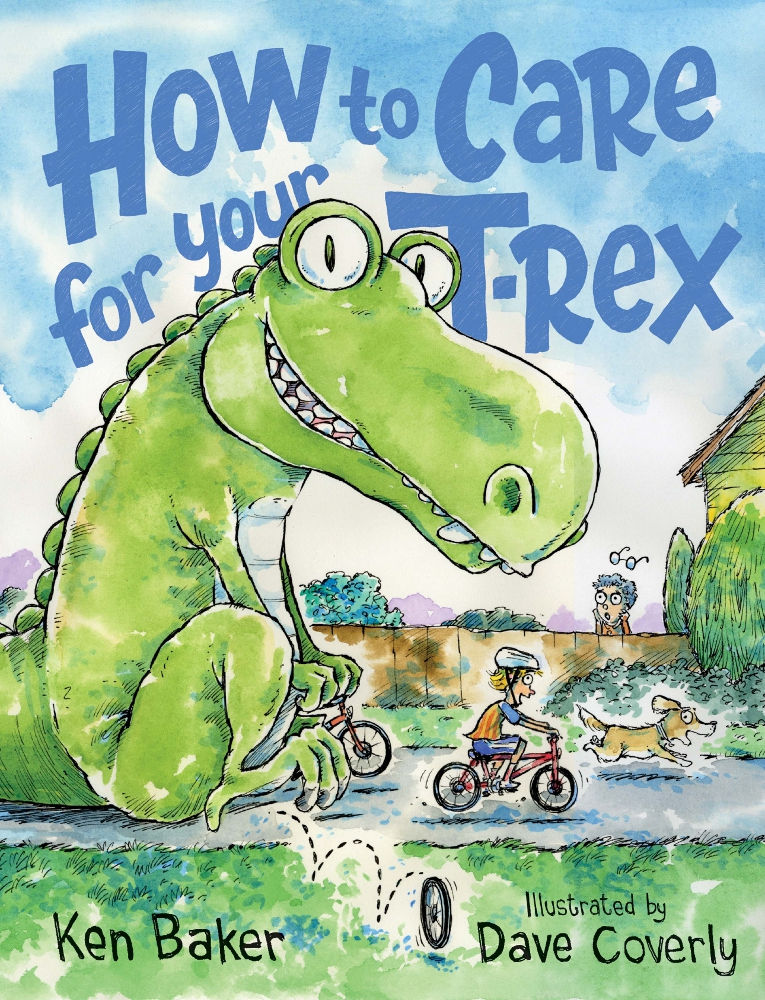Paul: You introduced me pretty well, Ken. I'm the positivity psychologist. You've heard it forever, right? Just think positive, which is really annoying depending on who's saying it and why. It sounds kind of dismissive, but I have built my career around positivity, but from a psychological standpoint, that's not where I started.
I was a traditional psychotherapist for about 15 years, then I started to make a shift over to positive psychology. So, if you think of your mental health as on a continuum, clear over on the left end is the sick end. That's where we got diagnosis, pathology, treatment, all those fun things. I'm really more interested in the other end of that. But to understand that, if we go to the middle first, that's health. You'd think health is the opposite of sick, right? But I put it right in the middle, meaning not sick.
So, you could be sick in bed with a fever throwing up. There comes a time when you can get out of bed and you're not sick, but that doesn't mean you're truly fit, thriving, prospering. That's over here on the other end. So, I basically moved my practice from that sick end of the spectrum over to the positive end of the spectrum.
And there's some overlap in the middle because everybody's got issues. And so we deal with those things, but it's all according to principles of positive psychology.
Me: Talk to me a little bit about these specific principles of positivity?
Paul: I'll put it this way. It is what it is. Okay. That's also annoying depending on who's saying it and why, but all it means is the way things are right now. I gave a talk yesterday at Silicon Slopes here in Utah, and I started out with a quote by Carrie Fisher, Princess Leia of Star Wars fame. She said,
I have problems. They don't have me.
Everybody's got problems. Welcome to Earth. That's how we roll here. What's different and what builds resilience and hope and other really positive things that we need to create and live a life that we love happens in our mind.
So, my job is to illuminate the obvious. So, here's the first one We are constantly judging. Our brain's job is to keep us safe and to prove us right. And both of those get in our way all the time. Is this dangerous? Is this big? Is this small? Is this good? Is this bad? You're constantly judging. You judge yourself pretty harshly. Sometimes you judge your spouse. You judge the weather, you judge the economy. You judge the government. You're judging me. It's cool. I'm judging you. So, I invite you in this moment to just notice that you see it.
I was speaking in Orlando several years ago at the youth leadership conference there for the National Speakers Association, As I was sitting there waiting for my turn to speak and I got a text from my sister. It said,
I wanted you to know that Talon had an accident last night. He was on his annual volunteer first responder Mt. Timp weekend, and he slipped and fell off a 30 foot…
Now the dot.dot.dot was because I was looking at it on my watch. My phone was in my backpack. Now, what comes to your mind when I share that with you?
Me: That could be a cliff. It could be anything.
Paul: Yeah. And my brain just went crazy with it. Okay. My own father lost his dad to an accident when he was only five. Good friend of mine crashed his plane in Utah Lake a little over a decade ago, leaving his wife and family without a husband and father.
And now I'm getting this text from my sister. So, my brain is like, do I need to go home early? Do we have a funeral? What's going on here? Well, after the speaker finished, I was able to get into my backpack and pull out my phone. I go to the text and looked at the text message.
He slipped and fell off a 30 foot waterfall and broke both of his ankles and injured his knee. They could use your prayers. Just wanted to let you know.
I felt a lot, a bit better. I was so relieved. Okay. So, what is your mind doing? It's evaluating the new news of two broken ankles. Is it good or is it bad? Compared to everything else I imagined, it was good.
So, when we compare what we've got, no matter what it is, to something worse, we feel a little better. I have discovered that I'm really bad at changing people's circumstances. But what can we change? We can change how we judge it. And everything has upsides, and everything has downsides. So, here's an invitation, whatever it is that you've been telling yourself is bad. I would invite you to ask the question compared to what?
And you don't even have to change it. Just notice it. Because I'm not here to tell you how to think. I do want you to notice that your thinking matters. It creates that emotional energy that we call feelings. It's the feelings that determine how we show up and that's what creates our results. So this affects everything.
Me: So, what if someone comes in and talks to you about a really devastating situation they're having. You don't want to devalue what they're going through. So how do you not minimize what they're feeling?
Paul: I am so glad that you're asking the question because if we go around saying, Hey, it could be worse, even though that's true, it's very dismissive. And, offensive, quite frankly.
So here, here's the first thing that I want to say. We're supposed to feel stuff and if anybody tells you, you shouldn't feel that way. Fire them and run the other direction. Feel all the feels. Welcome to Earth.
That's what humans do. So rather than insisting that someone change or feeling very uncomfortable because someone's going through that hard time and we just want to make them feel better. Let's feel whatever we get to feel as humans. And show up with love and empathy for each other because it's hard.
I love the way Tim Hensel put this in his book,
You gotta keep dancing.
He said, pain is inevitable, misery is optional. There's two kinds of pain. There's real pain that we get to feel because we choose to love people, and when they get hurt or they die or we lose them, we're going to feel stuff. That's real pain. We're supposed to feel it. The only way to take the sorrow out of death is to take the love out of life.
Having said that, now, what's the second kind of pain? Neurotic pain. This is the unnecessary pain that we generate for ourselves where we create misery by the stories in our head. Again, it's not my job to tell you how to think, but usually when people hire me as a professional psychologist, they're ready for something to change. They're tired of feeling this way all the time. Depression is not the same thing as grief.
The above has been edited for length. To see and hear the rest of the interview and get even more positivity insights, watch the full interview at
www.kenbakerbooks.com/expert_PaulJenkins.html
You can find Dr. Paul Jenkins at
drpauljenkins.com.
If you would like free digital copy of his Portable Positivity ebook, visit
drpauljenkins.com/kenbaker.



 Heart image by Ken Baker
Heart image by Ken Baker
 Thank You image by Ken Baker
Thank You image by Ken Baker












